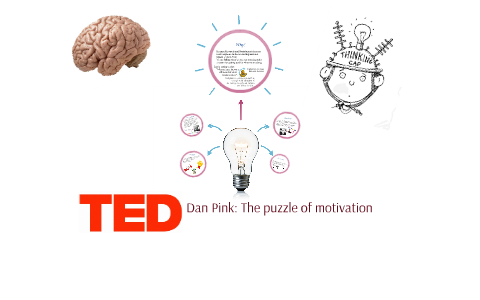
It's important to understand the needs of the people you mentor. Asking questions will allow you to gain a better understanding and help you identify patterns. You should learn to ask the right questions, as well as answer their questions. A good mentor will be able to guide their mentee in this way.
Experience
A mentor must have the necessary experience to be successful in mentoring. Mentors need to be able and willing to listen to their students and offer support. Mentors need to provide support and guidance for students in order to help them succeed.
Mentoring experience will allow you to develop leadership skills and make yourself stand out from others in your field. You can also demonstrate your ability to mentor others which can lead to advancement in their careers.

Network
Your career advancement will be possible by building a network. These mentors will offer career guidance and help you pick a major. They can help you with your resume and offer practice interviews. Some alumni also volunteer to serve as Husky Mentor Network Advisors, which will help you develop your professional network. If you're interested in helping others in your area, become a Husky Mentor Network Advisor.
Your professional visibility can be increased by having mentors. These connections can result in referrals, informational interviews and even job offers. You have endless possibilities when you build a supportive network. An effective alternative career mentor network can teach you how to revamp your resume and LinkedIn profile, schedule informational interviews, and help you build self-confidence. After all, you don't need to be a college graduate to land a new job.
Confidence
Mentors can help you feel more confident. They have the expertise and knowledge to guide you. You can turn to them for help if you are uncertain about something. You can overcome your fears with a mentor. Mentors can provide a positive and supportive environment that will help you learn.
A mentor can help you find new ideas and contacts, in addition to career guidance. The most important benefit of having a mentor is that it helps you build your own confidence. People often struggle with self-doubt and imposter Syndrome, especially at work. These issues can be overcome by a mentor who reminds you that you are valuable, important, and valuable.

Opportunities
Mentoring has many benefits. Mentoring can offer the one-on-1 relationship people need to progress their careers. It can also help students make the connection between school and work and gain knowledge about career paths and entry into industry. Mentors assist students with setting realistic goals and providing career advice. Mentoring requires an adult role model who is willing to commit long-term, communicate regularly, and has clear expectations.
Mentors can give valuable advice and insight through years of experience. Mentors may benefit greatly from their own experiences in helping to overcome problems or achieve their goals. A mentor's network can provide new opportunities for their mentees.